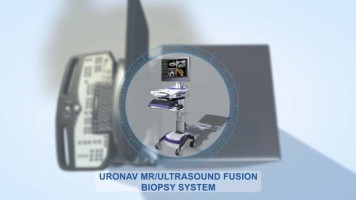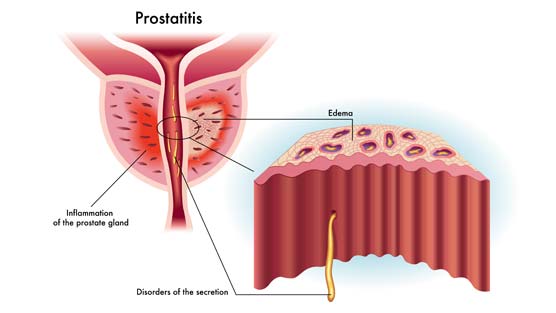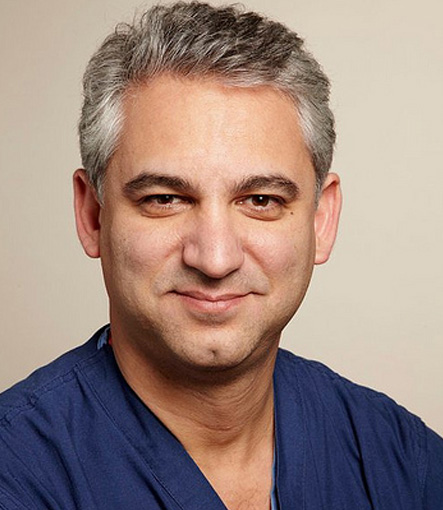What Is Prostatitis?
Prostatitis is the inflammation and or swelling of the prostate gland. As with many types of inflammation it is often attributed with the body’s reaction to an infection. It can also occur without the presence of an infection and without the patient exhibiting any specific symptoms. Prostatitis is very common amongst men of all ages and is categorized under four different types:
Acute bacterial prostatitis: Is the least common of the four types of prostatitis and is caused by a bacterial infection of the prostate gland. Symptoms of this type are severe, will often come about very suddenly and can have symptoms that are flu-like.
Chronic bacterial prostatitis: Is caused by a bacterial infection of the prostate gland with symptoms similar to that of acute prostatitis. The severity of these symptoms however are milder in comparison or symptoms may not occur at all.
Chronic nonbacterial prostatitis: Is the most common form of prostatitis and is not directly caused by a bacterial infection of the prostate gland. An exact cause for this condition isn’t always easily identified.
Asymptomatic inflammatory prostatitis: There is much that is still unclear to researchers about this form of prostatitis as a patient will neither exhibit symptoms or complain about any complications as a result of symptoms. This form is often found and diagnosed when a patient is being tested for an unrelated condition such as prostate cancer.
What Are The Causes & Symptoms Of Prostatitis?
Bacterial infection is the primary cause for both acute and chronic bacterial prostatitis. Bacteria will generally enter the body from either the urinary tract or the rectum. With the exception of acute prostatitis, the symptoms for the remaining forms are all similar. The difference with acute prostatitis as opposed to the other forms is that symptoms can occur suddenly and with greater severity. Symptoms in and of themselves cannot be used alone to effectively diagnose the type of prostatitis a patient may have.
Symptoms include:
- Painful or burning sensation while urinating
- Fever
- Chills
- Nausea
- Pain in the pelvic & genital area
- Abdominal pain
How To Detecting & Diagnosing Prostatitis
A doctor will begin by inquiring about your medical history and discuss your symptoms at length in order to rule out any other conditions which could potentially be the cause of your symptoms. This is done in order to determine specifically the type of prostatitis you have. Your doctor may also perform a physical exam which is likely to incorporate digital rectal exam (DRE). Other diagnostic tests performed to diagnose your condition are:
- Blood culture
- Urine tests
- Bladder tests (urodynamic tests)
What Are Treatment Options For Prostatitis?
Given the four distinct forms of prostatitis, treatment will vary on a case by case basis and on the direct cause of the specific condition. Acute and and chronic bacterial prostatitis are typically treated with oral antibiotics over the course of several weeks. For more severe cases antibiotics may be administered intravenously. In addition to antibiotics other medications may be prescribed to help manage symptoms such as:
- Anti-inflammatory medications
- Alpha-blockers to assist with urine flow.
In the case of chronic nonbacterial prostatitis or asymptomatic inflammatory prostatitis, antibiotics will only be administered if the chance of infection is possible. Other treatments that may be recommended to manage symptoms related to these types of prostatitis include:
- Prostate massages
- Anti-inflammatory medications
- Alpha blockers






